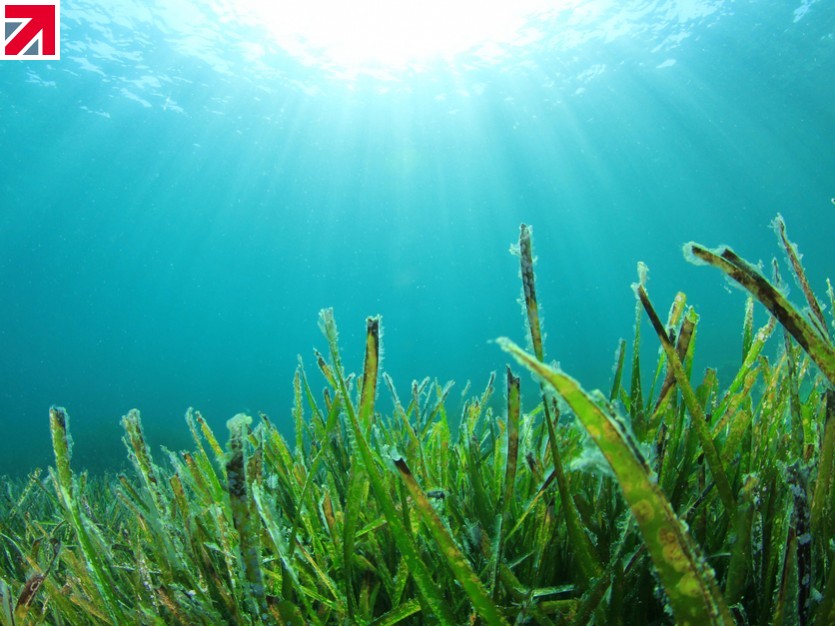Since January 2020, Valeport has been supporting the ‘Save our Seagrass’ conservation project in Devon, UK, in nearby Tor Bay in conjunction with Wild Planet Trust.
Seagrass is a remarkable plant as it is able to lock in CO2 more efficiently than rainforests. Seagrass meadows, such as those in Tor Bay, are a crucial part of the marine eco-system, protecting our shores and helping to combat climate change.
Wild Planet Trust has been monitoring Tor Bay’s seagrass meadows as part of the #SaveOurSeagrass campaign since 2017. The seagrass meadows in Tor Bay are a vital nursery bed for young fish and home to key seahorse species including the protected short-snouted seahorse. A recent survey of the seagrass meadows, conducted in October 2020, indicated the seagrass may have benefited from a quieter period of marine traffic, in the spring and early summer of 2020 due to the pandemic. However, the charity is concerned that the fragile seagrass is threatened by pollution and by indiscriminate anchoring, which can unknowingly rip plants from the seabed.
Although the seagrass areas in Tor Bay are voluntary no anchoring zones, Wild Planet Trust is actively looking to encourage water enthusiasts and boat users to respect the seagrass by not anchoring at the known seagrass locations and use permitted moorings.
“We understand many people use the waters in Tor Bay. However, anchoring in the wrong place damages the seagrass and threatens the wildlife that live amongst it” said Dr Tracey Hamston, Conservation Officer at Wild Planets Trust.
“We are very excited about the prospect of introducing new eco-mooring hopefully, this summer if funding is approved. These new environmentally friendly moorings will allow boat users to moor up, whilst protecting the seagrass below and allowing the seagrass currently damaged by traditional anchorage methods to recover. The protection these moorings provide is also welcomed by local people who enjoy diving and snorkelling among this beautiful habitat“ Dr Hamston added.
Many UK seagrass beds have decreased in size over the past century. Whilst boat traffic and indiscriminate anchoring is a major contributor to this decline, equally damaging is pollution. Certain types of pollution within the water, encourages the growth of algae on the seagrass, reducing the light available to the leaves, effectively smothering the seagrass which can destroy whole seagrass meadows.
Find out more about Valeport Limited on their member profile page here
Member-created content 4 years ago | From members

